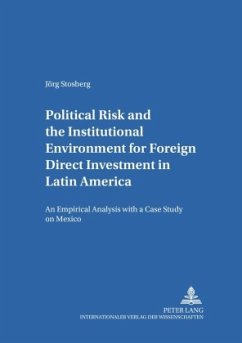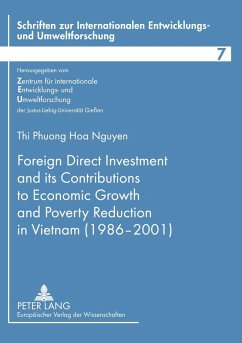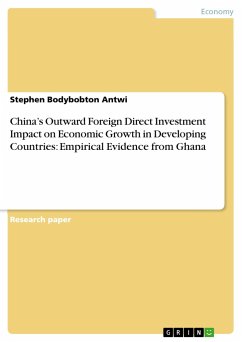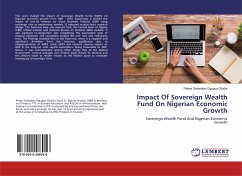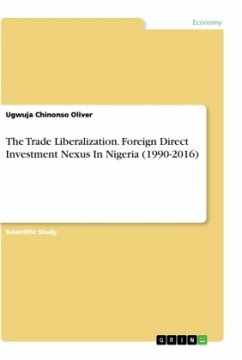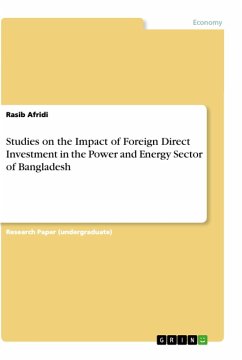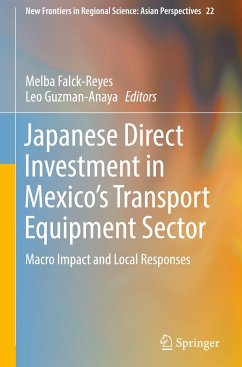
Impact of Foreign Direct Investment on GDP:
empirical evidence from Nigeria
Versandkostenfrei!
Versandfertig in 6-10 Tagen
24,99 €
inkl. MwSt.

PAYBACK Punkte
12 °P sammeln!
Nigeria is one of the leading African countries that have been receiving foreign direct investment in the past decades, and the Nigerian government has been devising various strategies by using incentive policies and regulatory measures to promote the FDI inflow into the country. Some of these measures encompass privatization, where the management of state-owned enterprises (telecommunication, manufacturing, agricultural production, transportation, electricity and water supply), are completely or partly transferred to private individuals or companies (Lall, 2002). Other measures, which Nigeria...
Nigeria is one of the leading African countries that have been receiving foreign direct investment in the past decades, and the Nigerian government has been devising various strategies by using incentive policies and regulatory measures to promote the FDI inflow into the country. Some of these measures encompass privatization, where the management of state-owned enterprises (telecommunication, manufacturing, agricultural production, transportation, electricity and water supply), are completely or partly transferred to private individuals or companies (Lall, 2002). Other measures, which Nigeria has used to woo foreign investors into Nigeria, are the repellent of laws that are inimical to foreign investment growth and the promulgation of various investment laws (Shiro, 2009). According to United Nations Conference on Trade and Development (UNCTAD, 2014), Nigeria is one of the top three African countries that have constantly received FDI, but despite its large market size and natural resource base the level of FDI attracted by Nigeria is mediocre compared with its potential need, and thus has not translated meaningfully on the Economic growth of the country (Ugwuegbe and Okore, 2013).



